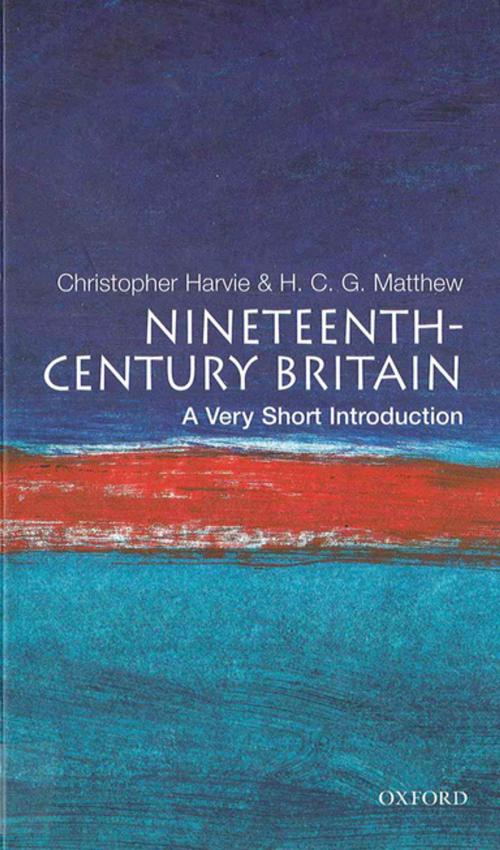| Author: | Colin Matthew, Christopher Harvie | ISBN: | 9780191606496 |
| Publisher: | OUP Oxford | Publication: | August 10, 2000 |
| Imprint: | OUP Oxford | Language: | English |
| Author: | Colin Matthew, Christopher Harvie |
| ISBN: | 9780191606496 |
| Publisher: | OUP Oxford |
| Publication: | August 10, 2000 |
| Imprint: | OUP Oxford |
| Language: | English |
First published as part of the best-selling The Oxford Illustrated History of Britain, Christopher Harvie and Colin Matthew's Very Short Introduction to Nineteenth-Century Britain is a sharp but subtle account of remarkable economic and social change and an even more remarkable political stability. Britain in 1789 was overwhelmingly rural, agrarian, multilingual, and almost half Celtic. By 1914, when it faced its greatest test since the defeat of Napoleon, it was largely urban and English. Christopher Harvie and Colin Matthew show the forces behind Britain's rise to its imperial zenith, and the continuing tensions within the nations and classes of the 'union state'. ABOUT THE SERIES: The Very Short Introductions series from Oxford University Press contains hundreds of titles in almost every subject area. These pocket-sized books are the perfect way to get ahead in a new subject quickly. Our expert authors combine facts, analysis, perspective, new ideas, and enthusiasm to make interesting and challenging topics highly readable.
First published as part of the best-selling The Oxford Illustrated History of Britain, Christopher Harvie and Colin Matthew's Very Short Introduction to Nineteenth-Century Britain is a sharp but subtle account of remarkable economic and social change and an even more remarkable political stability. Britain in 1789 was overwhelmingly rural, agrarian, multilingual, and almost half Celtic. By 1914, when it faced its greatest test since the defeat of Napoleon, it was largely urban and English. Christopher Harvie and Colin Matthew show the forces behind Britain's rise to its imperial zenith, and the continuing tensions within the nations and classes of the 'union state'. ABOUT THE SERIES: The Very Short Introductions series from Oxford University Press contains hundreds of titles in almost every subject area. These pocket-sized books are the perfect way to get ahead in a new subject quickly. Our expert authors combine facts, analysis, perspective, new ideas, and enthusiasm to make interesting and challenging topics highly readable.















